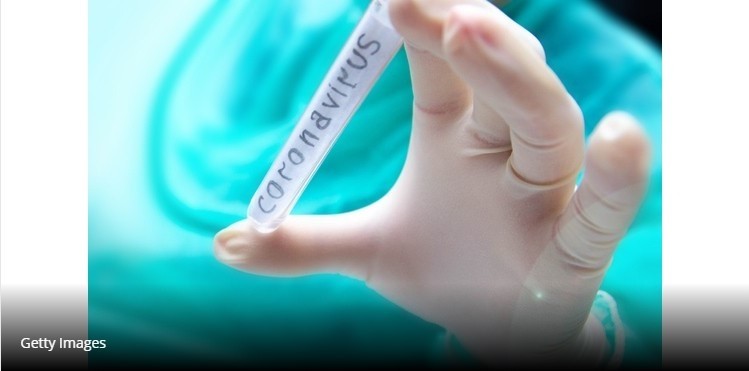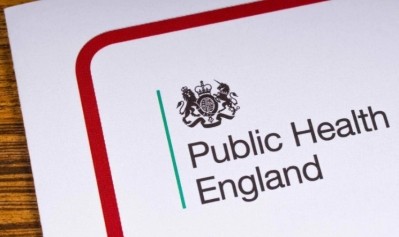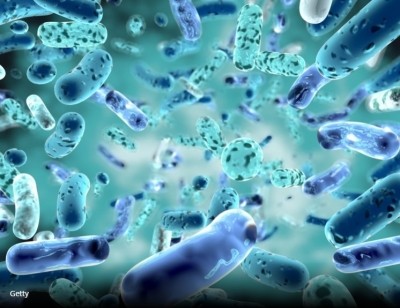Leading scientists urge UK government to re-examine gut’s role in coronavirus

Authored by professor Glenn Gibson and Dr Gemma Walton from the university of Reading, along with Nottingham Trent university’s Dr Kirsty Hunter, the statement calls for ‘attention to be given to emerging but convincing evidence that gut health may be related to COVID-19.’
“The research is compelling,” professor Gibson says. “Earlier this year, we started seeing papers coming out of China suggesting a link between human response to COVID-19 in our lung/respiratory tract and the state of the gut microbiome.”
The statement published 12 May, and submitted by Julie Elliott, chair of the all-party parliamentary group on the human microbiome, goes on to list a selection of research papers that suggest ways to improve gut health in a safe manner as well as being relatively straightforward to implement.
The researchers also think the papers could prove useful as a way of giving individuals some control as the statement acknowledges the ‘existing but expanding’ scientific basis of the link between the gut and coronavirus.
“A strong case seems to be emerging of the role of gastrointestinal health in relation to COVID-19,” adds Elliott, also the Member of Parliament for Sunderland Central.
“This statement draws attention to relevant research, and I hope it is of help to Matt Hancock.”
“It has been suggested that gut microbiome status can influence health outcomes in patients with COVID-19,” the statement continues.
“Other studies have detected the virus in faeces of patients, further suggesting a gastrointestinal link. There is also growing evidence that people with risk factors linked to inflammation (also associated with an unhealthy gut microbiome) may have worse outcomes if they contract COVID-19.”
Building a case
The message conveyed in the statement is one echoed by prominent researchers in the gut microbiome space with public health expert professor Tim Spector, who also added his name to the statement, recently stressing the importance of a healthy gut microbiome in preventing immune over-reactions that can damage the lungs.
The virus’ presence in faeces has not gone unnoticed as researchers writing in The Lancet, advise on screening Faecal Microbiota Transplant (FMT) donors for coronavirus symptoms with checks made of the donor's travel history to regions affected by the virus.
In a safety alert issued in March, the Food and Drug Administration (FDA) pointed to evidence that documents the presence of SARS-CoV-2 ribonucleic acid (RNA) and/or SARS-CoV-2 virus in the stools of infected individuals.
Such is the importance of these findings and potential in the fight against the virus, institutions and scientists such as Kevin Whelan, professor of dietetics at King's College London, and the Quadram Institute have added their support calling for an assessment of the growing research link.
Other names backing the cause include Jon Swann, professor of metabolism and metabolic phenotyping at the university of Southampton and Dr Emeir Mc Sorley, senior lecturer in human nutrition at Ulster university.
‘Probiotics to flatten curve’
In discussing how to improve gastrointestinal health, the statement highlights the role of probiotics and prebiotics with references to their efficacy in reducing the incidence and duration of common upper respiratory tract infections.
“Some probiotics and prebiotics work by regulating immunity, including anti-inflammatory properties. Other mechanisms of effect include enhancement of the intestinal epithelial barrier competition with pathogens, acidification of the gut and adhesion to the intestinal epithelium.
“At the present time, it is the case that no probiotics nor prebiotics have been shown to better manage the symptoms associated with COVID-19, and research is ongoing.”
However, not everyone was supportive of this part of the statement. Writing on Twitter, Mike Cox says, “As a UK microbiome researcher and one specialising in respiratory disease I find it hard to express how irresponsible I think it is to suggest that probiotics or prebiotics should be even considered to be part of treatment for COVID-19. I am appalled the All-Party Parliamentary Group (APPG) would suggest this.
He goes on: “The letter is in no way measured, there have been cases of probiotics causing sepsis in ICU patients.
“The work omitted from the lead author of the letter's review on the topic titled "Using probiotics to flatten the curve," reveals to me the motivation of the letter is not careful gut microbiome research, but simple probiotics to the exclusion of reasoned research.”














